
Exclusive | Here’s how tai chi (and Warren Buffett) inspired Fosun founder to become one of China’s biggest asset buyers
Fom toy making to tourism, pharma, insurance and finance, to health and babycare, Guo Guangchang has proved nimble in shaping an enviable portfolio of businesses
When Guo Guangchang bought his first American asset, 28 Liberty Building (formerly known as One Chase Manhattan Plaza) in the financial heart of New York in 2013, he envisaged American camaraderie, backslapping and good nature throughout his US business.
He wanted his new employees to call him George, recalling the personal way CEOs such as Citigroup’s Sandy Weill had dealt with employees.
However, the American employees at the New York office called him Guo zong (Director Guo), language copied from Chinese officialdom.
“I started sending out office memos addressing everybody as tongxue (fellow students), and signing off myself as Guo tongxue,” he says. “That finally did the trick.”
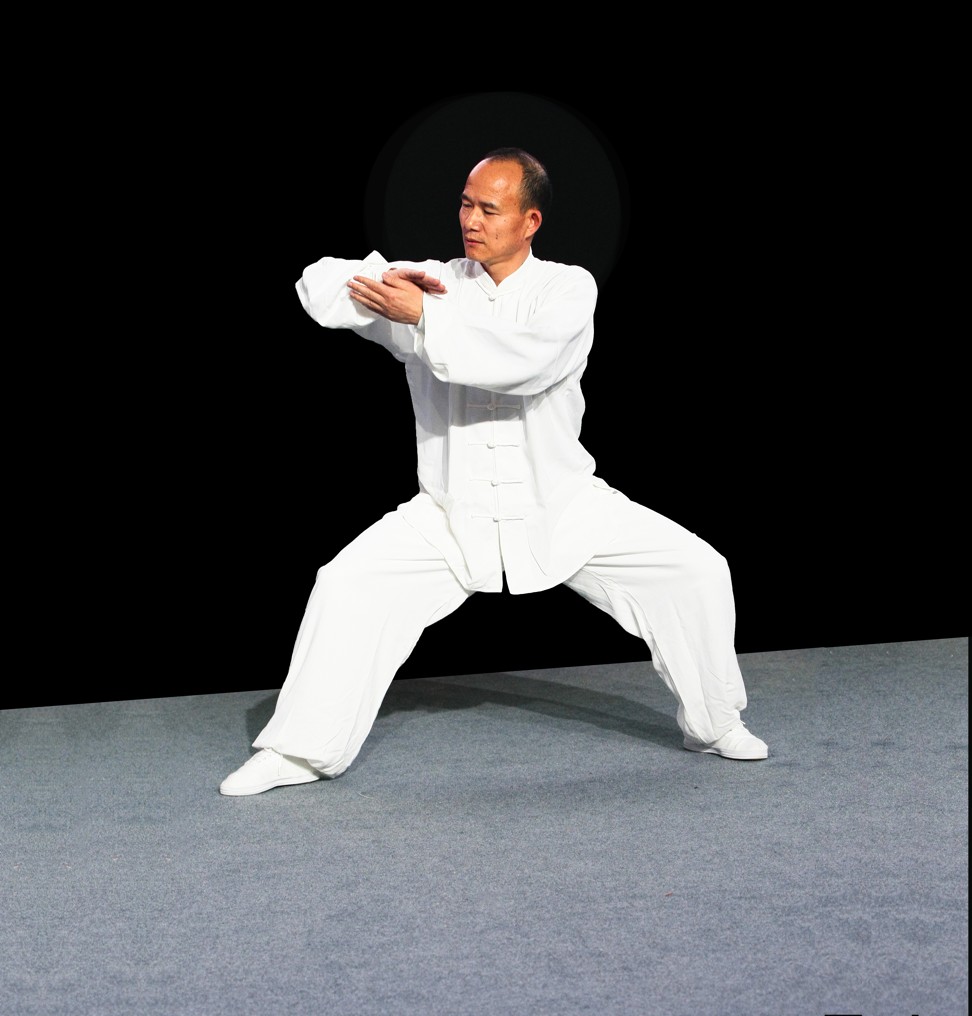
“Life in general is an endless process of learning,” Guo says. “We draw our inspiration from a number of successful businesses around the world: Warren Buffett’s Berkshire Hathaway for its long-term investing, Li Ka-shing’s Hutchison Whampoa for managing a successful empire in Asia, and from GE for its diversity of businesses.”
Starting with real estate developments and pharmaceuticals in 1992, Fosun Group has become one of the country’s largest private conglomerates in the past 25 years. As one of five founders, Guo is currently ranked 22nd on Forbes’ coveted (and dreaded, by some) China Rich List.
From Buffett and Berkshire, Guo saw how cash-rich insurers could fund long-term equity investments. Fosun owns two insurance companies, including the US$78 million (HK$610 million) venture with Prudential Financial called Pramerica Fosun Life Insurance, Portugal’s largest insurer Fidelidade Cia de Seguros SA, acquired in 2014 for €1.04 billion (HK$9.6 billion), and a reinsurer called Peak Reinsurance.

And from General Electric, the world’s largest and most diversified corporate entity, he learned about handling business diversity.
Guo grew up in Dongyang, a city of fewer than a million people, south of Hangzhou, and later studied philosophy at Shanghai’s Fudan University. It’s a discipline that he says opened his mind to a range of possibilities in life. “Philosophy gives you the intellectual discipline to be open minded, which is really important and helpful in the business world.”
His desire to learn is coupled to his mighty ambitions and his drive, highlighted as he delivers his “to-do” list in rapid sequence: “We are not trying to copy any company’s business models. We have not set any target to be the top company globally. We have our own business philosophy. We try to do everything right. We aim to adopt the right strategy. We react to fast-changing global markets faster than our counterparts, even if just by 0.01 second. We recruit the right talent. We provide the right service to customers. When we get everything right, we will see good results in revenues and profit, and we’ll see the growth of the company.”
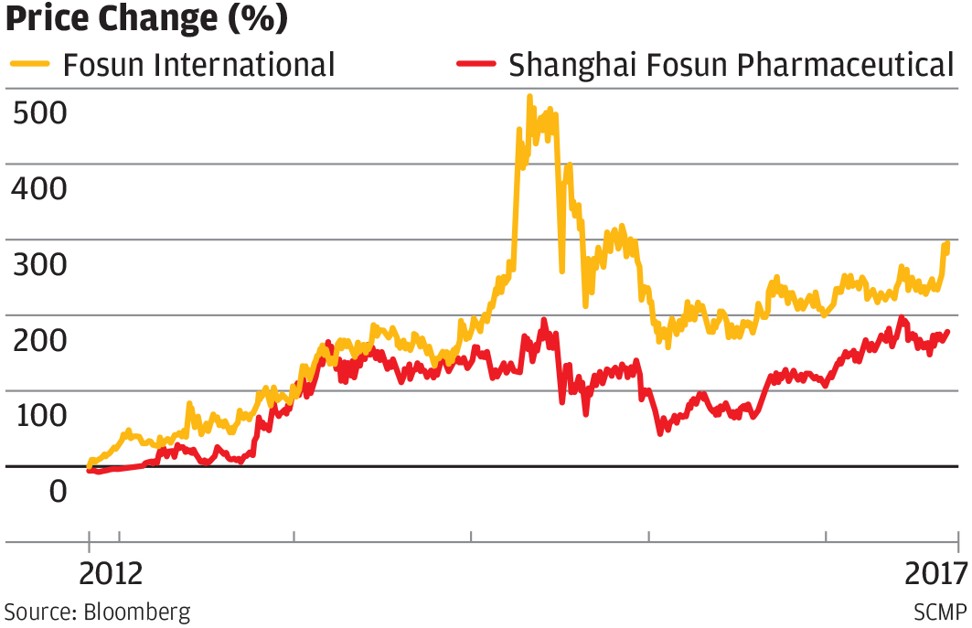
“That forms the company’s future strategy on a mission to pursue industries related to health, happiness and wealth – the key demands of the country’s middle-class families.”
Further, Guo wants Fosun to turn from acquisition mode to operational mode, as it finds value in its numerous acquisitions. Guo wants to achieve this with his “C2M” (Customer to Maker) ecosystem.
“It is not good enough if we just develop a big online platform that has millions of customers and sells them low-cost products. We need to have manufacturers understand their needs and provide them personalised products.”
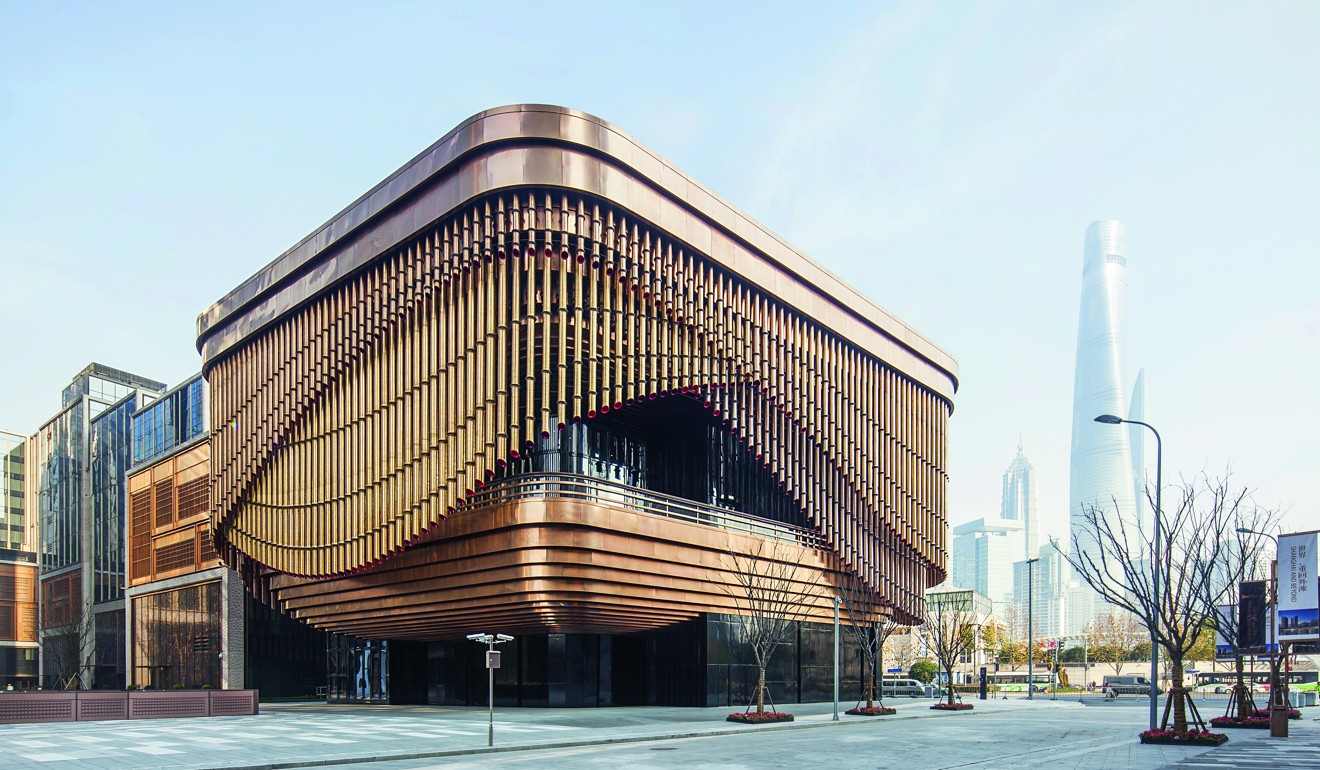
For example, last year Fosun invested in Babytree, a mobile application for would-be and young mothers, which has attracted over 200 million monthly unique active users since its establishment in 2007.
On Babytree, parents can share tips and knowledge – and is directed to Sanyuan Foods, a dairy product company also invested in by Fosun.
Offline, Fosun has invested in US-based Chindex International, which runs a chain of high-end hospitals in Beijing, Shanghai and Guangzhou.
In June, Fosun formed a joint venture with Mattel, the world’s largest toymaker, to tap into China’s early childhood education market.
An estimated 18.46 million babies were born in China last year, the country’s biggest baby boom since 2000, as the One Child Policy officially ended in January this year. And with at least 20 million babies could be added to the population every year, Fosun’s ecosystem of baby-related businesses stands ready to benefit.
As China’s average life expectancy will increase to more than 77 years by 2020, health-related industries are a big investment target for Fosun.
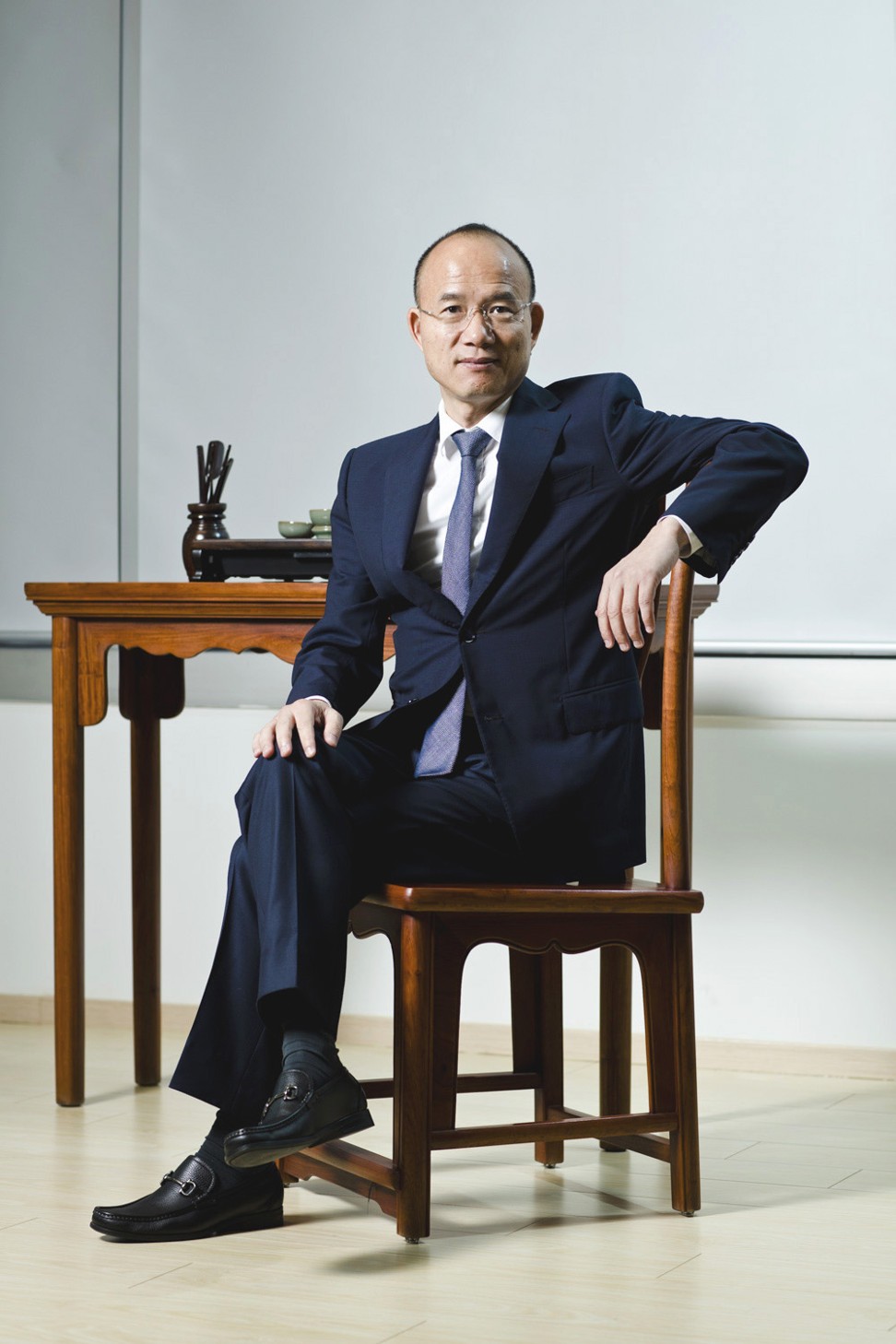
Fosun United Health Insurance and Star Healthcare are now in operation. Together, these offshoots let customers of the insurance unit enjoy health management plans at lower cost, and also buy medication at below-market prices says Chen Qiyu, chairman of Shanghai Fosun Pharmaceutical (Group).
Another major area of investment for Fosun is China’s tourism and entertainment industries. The group now has four Club Med resorts in China, including one in Hainan.
Those resorts are just the beginning of a Club Med explosion in China.
“We aim to have 20 Club Med resorts in China by 2020,” says Xu Xiaoliang, executive director and co-president of Fosun.
In late 2013, Fosun announced it would develop the 10 billion yuan (HK$11.7 billion) Atlantis Sanya resort in Hainan province, along with Kerzner International, which operates branded luxury resorts worldwide. The Atlantis resorts are ocean-themed and suited for families from mid-market up to top end market range.
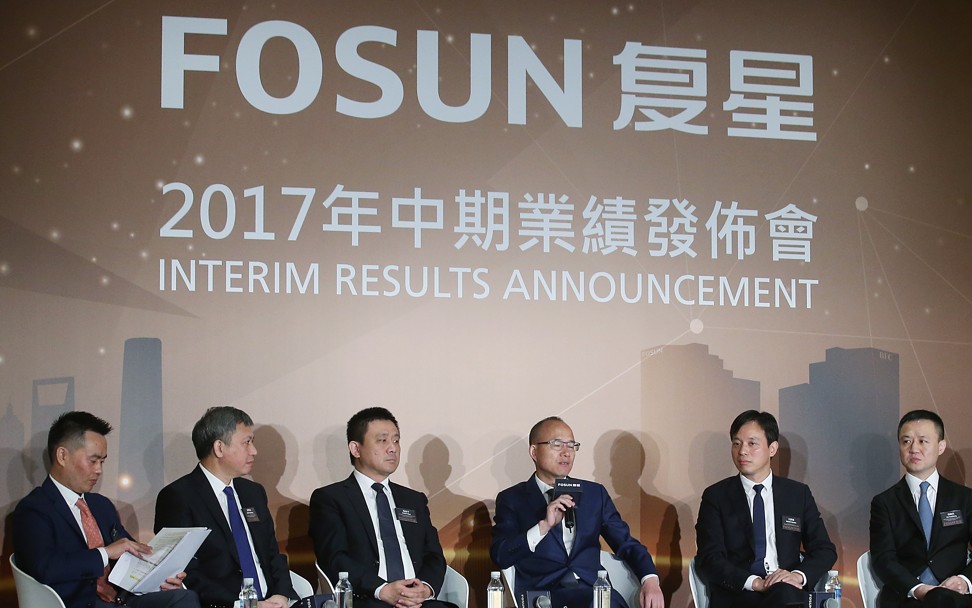
Fosun is also planning to bring the famed Cirque du Soleil of Canada (invested in 2015) to mainland China and establish more cultural entertainment parks like its Yuyuan Garden, says Xu, adding that Fosun will look at other acquisitions around the world in entertainment, with the aim of bringing more shows back to China.
All the while, Guo says he is mindful of applying big data, artificial intelligence and related technologies to his businesses.
Guo is just 50 years old, and with Fosun’s new China-market orientation, has little time for talk of succession. During the company’s 20th anniversary celebrations five years ago, he decided to work another 20 years to help further develop the business.
“Now five years have passed, and I still have 15 years to go,” he says.
With Fosun’s growing China-market businesses, success is becoming a very personal thing for Guo Guangchang.
(This is an excerpt of the article published in the August edition of The Peak magazine, available by invitation and at selected bookstores.)


